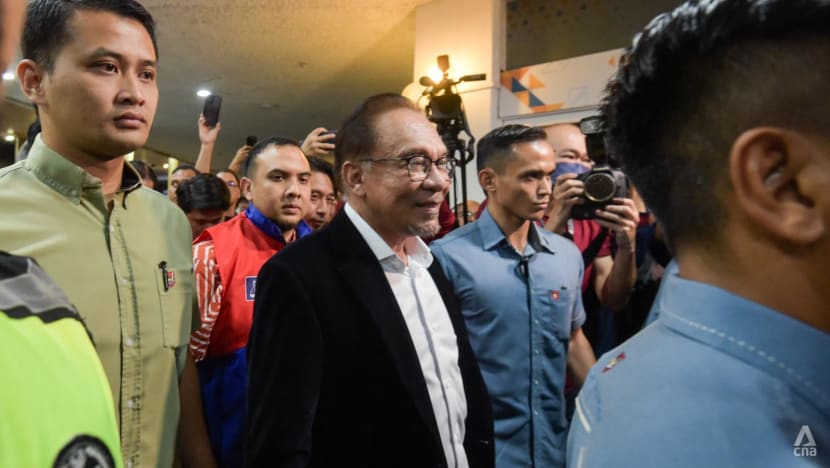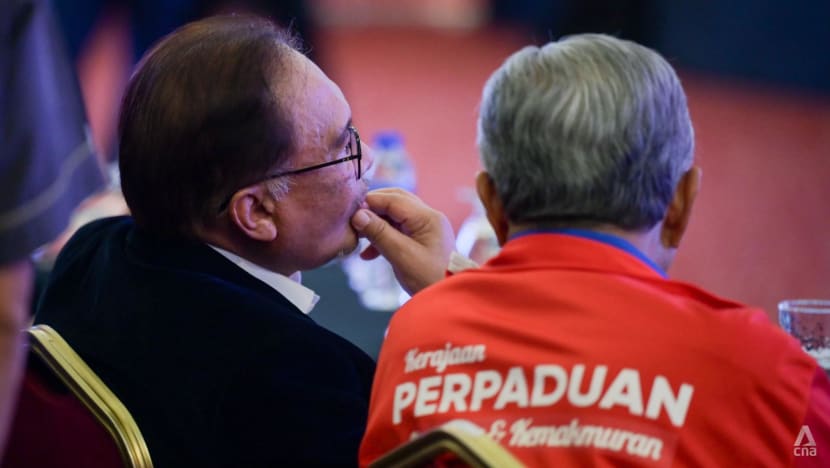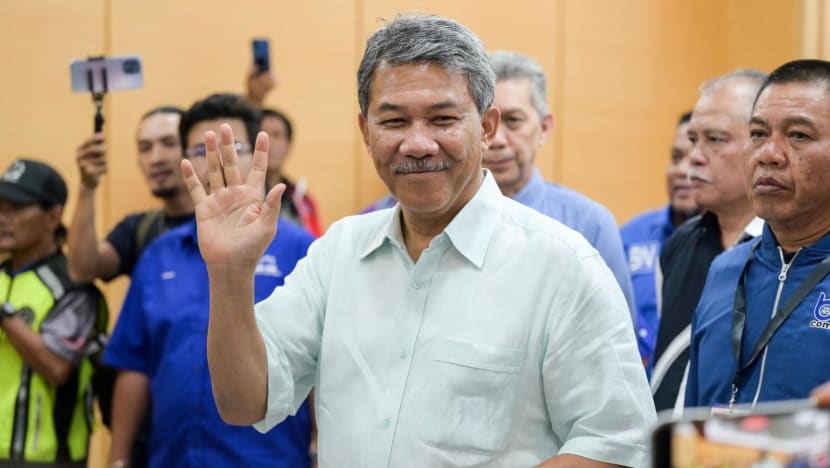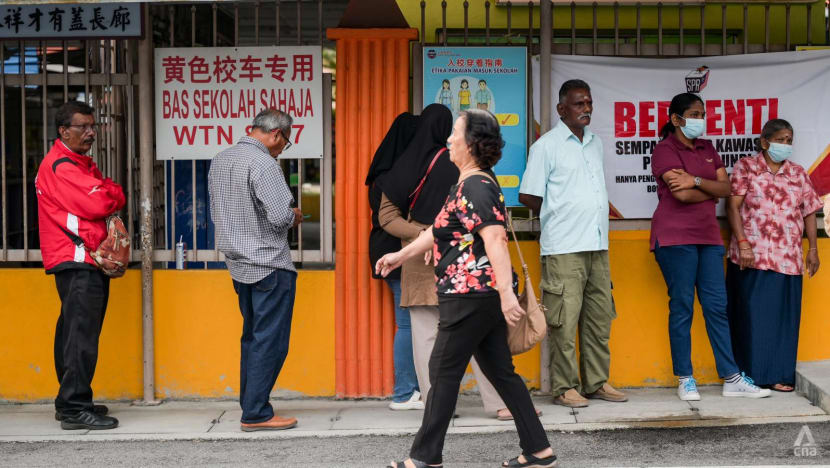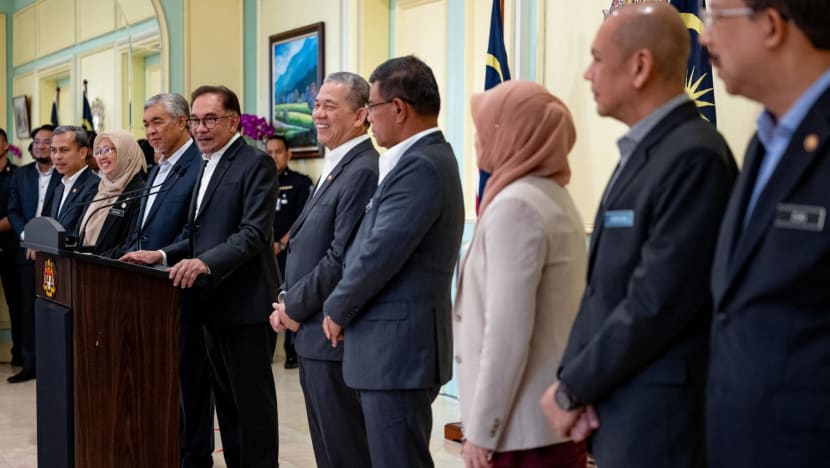The UMNO chief had then conducted what was described as a purge of the party, getting rid of figures whom he felt were threats to his authority.
“The usual champions are now kicked out already - KJ kicked out, Hishammuddin put on ice - so they’ve got to find a new hero,” Prof Chin said, referring to former health minister Khairy Jamaluddin and ex-defence minister Hishammuddin Hussein.
If there was ever a plot within UMNO to overthrow Ahmad Zahid, Prof Chin suggested that his natural replacement would be its second-in-command Mohamad Hasan, whom he said has no outstanding legal cases and was never aligned with Ahmad Zahid or jailed former prime minister and UMNO leader Najib Abdul Razak.
WHAT COULD PH DO NEXT?
On Mr Anwar’s end, observers say the prime minister has to try introducing policies that will appease a broader segment of the Malaysian people, instead of only helping the majority and leaving out the rest.
Mr Asrul Hadi feels Mr Anwar should target “low-hanging fruit” reforms that are seen as a win-win for all parties, including introducing equal constituency funding for all MPs and proposals for judicial independence.
The political observer said the polling results, where DAP emerged as the largest party in Penang, Negeri Sembilan and Selangor, showed Mr Anwar that DAP is a more important partner than UMNO.
“The message from the state elections is clear: Anwar must focus on important institutional reforms and stop pandering to conservative voters,” he said.
Dr Awang Azmi Awang Pawi of the University of Malaya said Mr Anwar can strike a balance by ensuring social justice for all while being mindful of ethnic or constitutional issues.
“For instance, the government can focus more effort on reducing ethnic poverty. Same goes with the focus on poorer states like Kelantan, Kedah and Terengganu.”
Dr Awang Azmi believes that Malay voters supported PN as they wanted to signal to the unity government their worries about their lower socioeconomic status.
“This is one way these voters can get attention after they feel they cannot change their situation,” he added.
While Sunway University’s Dr Wong said ethnic minorities can accept more handouts for poorer Malays, he cautioned that a more conservative shift on lifestyle matters could spark another “revolt”.
The political scientist pointed to how the government’s move in 2019 to introduce Arabic script in the Malay language syllabus for primary school upset non-Malay groups amid fears of rising Islamisation.
